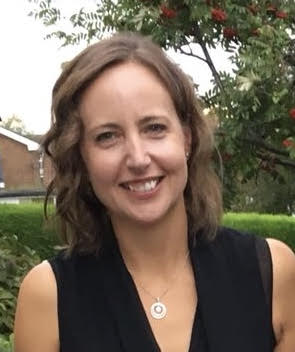How do we find the balance between connecting with the pain of our patients, while remaining professional, asks Kate Evans
 “Have you ever been bereaved?” She looked me straight in the eye as she said it.
“Have you ever been bereaved?” She looked me straight in the eye as she said it.
I blinked, paused, took a breath.
I work in a busy urban practice in the north of England and many of our patients are not afraid to ask personal questions or pass comment. Typical topics covered include: your age and whether you look it, your accent, outfit, accessories, marital status, kids, whether you’ve gained or lost weight, been on holiday, and what they really think about the new décor in the waiting room.
But I can’t remember a question that’s ever disarmed me quite like this one did.
She’d lost her elderly mother days before. It had happened suddenly, with no warning, right in front of her. She’d come in about something else, but the consultation had soon turned to this loss. I heard the story and all its little details. I listened while she told me about her mum and what she was like (strong, independent, never ill.) We’d talked about the shock, the grief, the guilt. She was trying to make sense of what she was feeling. She’d never experienced anything like it before. “Is this normal?”
That was when she asked the question: “Have you ever been bereaved?”
My mum died when I was 11; metastatic breast cancer. She was 40, there were four of us, my youngest brother was 5. My dad died when I was 34; very suddenly from a dissecting aortic aneurysm on New Year’s Day. He was 65, just retired.
“Can you still be an orphan when you’re 30?” my sister had asked.
I was blindsided by the grief. The shock. The guilt. I grieved for both of my parents in a way I hadn’t been able to grieve for my mum as a child.
I’d read about it of course—bereavement and the stages of grief. I was a GP by then. I’d counselled others, but never known the tilting and shifting of your whole world that happens with a sudden death. I’d never experienced anything like it before.
“Yes. Yes, I have.” I looked her straight in the eye as I replied.
I didn’t tell her the details. I told her simply that I’d lost both my parents. I didn’t tell her how I’d nearly unravelled at the time, how I’d wondered whether I’d ever feel normal again, whether my world would tilt back on its axis. I steered it back to her story. It was her consultation, not mine. We talked some more, and I ended with the offer to come back if she needed it.
Like it or not, we all bring all of ourselves to the consultation, not just our medical training. We bring our past experiences, good and bad. They probably influence us more than we realise, but are often unspoken, even unconscious.
How do we navigate the consultation, allowing ourselves to connect with the patient but stay professional? Where’s the balance to be found in empathising with the pain of our patients, but staying emotionally detached enough to be able to be objective and also look after ourselves? How much should we share?
I still don’t know the answers to these questions.
Kate Evans is a salaried GP in Liverpool.
Competing interests: None declared.
